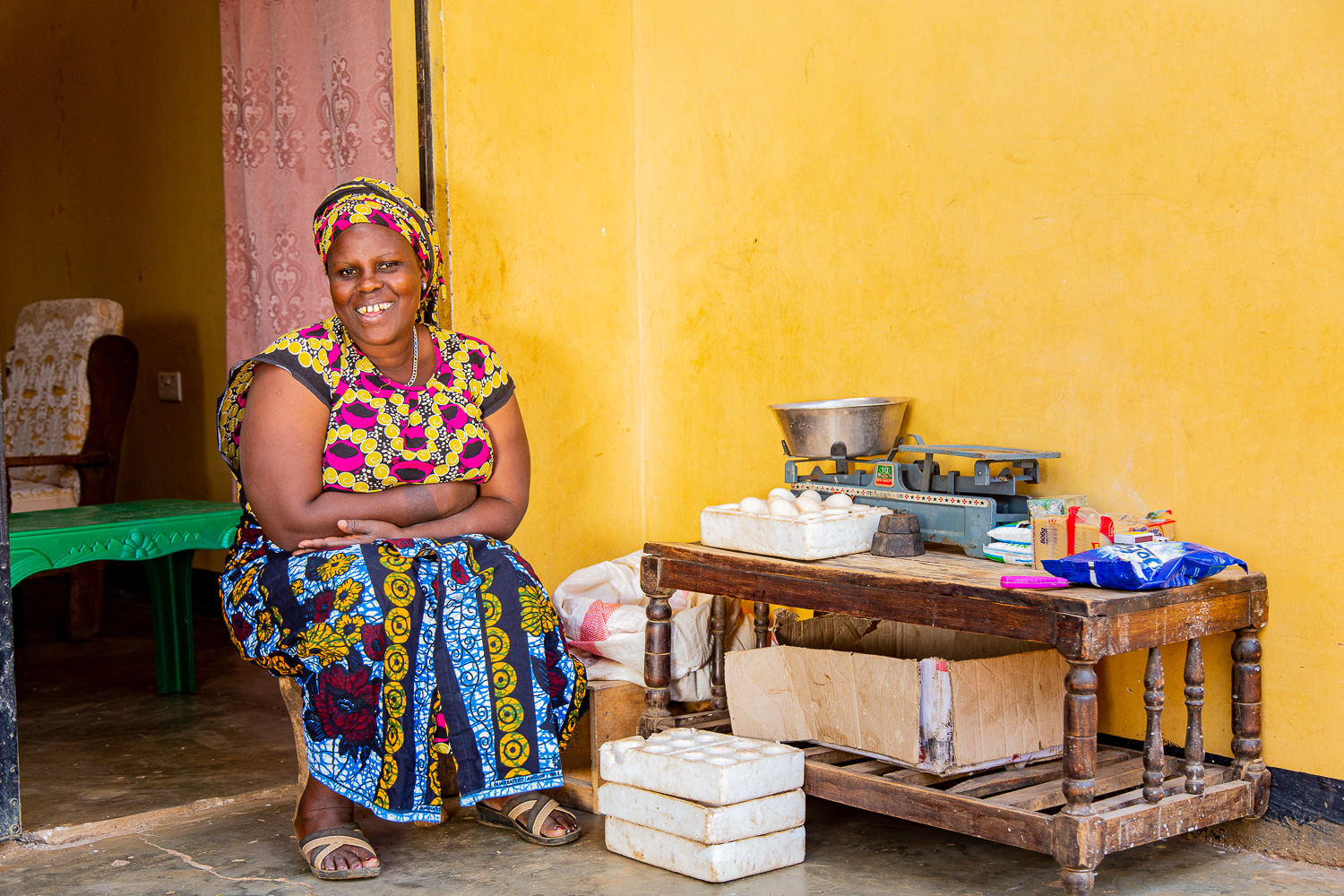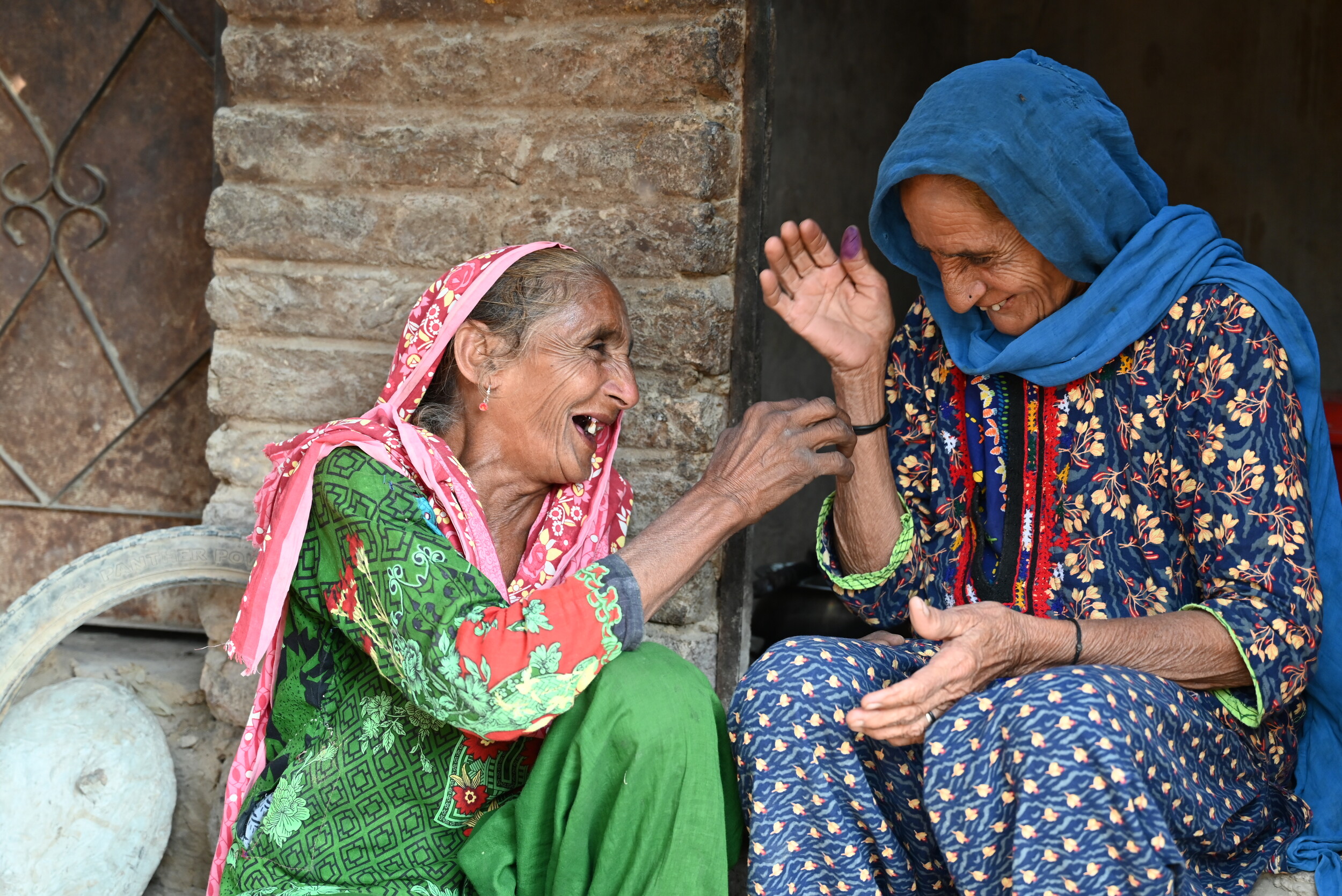Tanvi Patel, who took up her role as HelpAge International’s Gender Policy Adviser in 2024 discusses the importance of understanding how a person’s gender identity affects their experience of ageing. In this blog, she shares her vision for strengthening gender equality for older women across HelpAge’s work, a perspective that she believes is essential to achieving dignity, respect, and equality for all older people, regardless of their gender.
At HelpAge, we envision a world where everyone can experience equality and respect when we get older. But we can only do this if we recognise the different experience of ageing and older age for men, women, and people of other genders, who each face their own unique challenges and opportunities.
Older women often experience a double burden of gender and age-based discrimination. This impacts their health, financial independence, and social inclusion. We must address this if we want women to live well and fully participate in society when they get older.
I believe that by considering the needs of different genders, we can make a lasting impact, fight discrimination, and support inclusive change.


